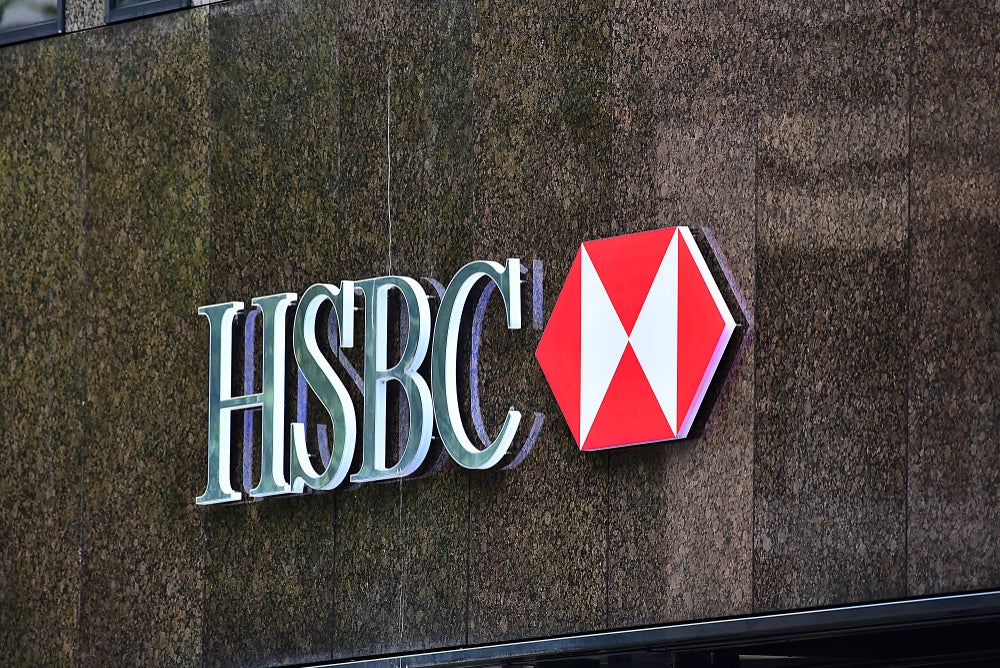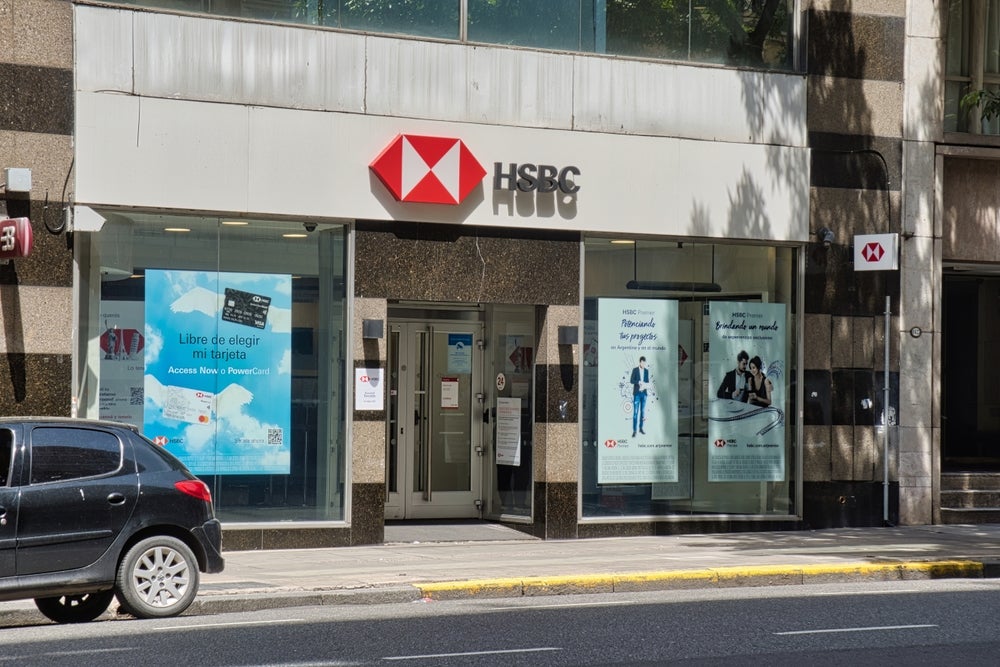extend its private banking operation to Ireland, a country whose
super-charged economy is now slowing. Head of the new operation
Rory Quinlan believes that opportunities are still there for the
taking. Dan Jones reports.
Private bankers in Europe are having to adapt to working within the
confines of slowing markets, with Ireland being a case in point.
The ISEQ, the main Dublin stock-market index, has slumped by a
third over the past 12 months, while the once-booming property
market is now seeing prices falling by close to 10 percent
year-on-year.
HSBC’s Rory Quinlan remains confident, however.
“There has been sufficient wealth creation in Ireland for us to be
profitable and to be of use to the private client market here,” he
says.
The figures support his case: an estimated 33,000 euro millionaires
are now thought to reside in Ireland, up 3,000 in the past year
alone, and per capita wealth of €196,000 ($309,921) is the second
highest ratio of all Organisation for Economic Co-operation and
Development nations.
Though the Irish fixation with real estate means that falling
property prices remain a hot topic across all wealth sectors,
investors have tended to remain ahead of the game, Quinlan
contends.
How well do you really know your competitors?
Access the most comprehensive Company Profiles on the market, powered by GlobalData. Save hours of research. Gain competitive edge.

Thank you!
Your download email will arrive shortly
Not ready to buy yet? Download a free sample
We are confident about the unique quality of our Company Profiles. However, we want you to make the most beneficial decision for your business, so we offer a free sample that you can download by submitting the below form
By GlobalData“Exposure to Irish property is less of an issue because many Irish
investors held it for a long time and are now giving up a small
portion of phenomenal gains,” he says.
“For many Irish investors, until now diversification has
meant , ‘I’ll buy a property in a different geography,’” he
acknowledges, adding that many have now rotated out of Irish
residential property and into commercial assets in Ireland and
beyond. But a reassessment of investment opportunities remains on
the cards.
“We believe there will be a rotation out of property. Though it
will remain the principal asset class I expect Irish investors’
balance sheets may begin to look more like those in the developed
wealth markets such as those in US and UK,” Quinlan predicts.
The UK has provided a model for the Irish operation in more ways
than one, with HSBC seeing its move across the Irish Sea as a
natural expansion of a business which has targeted areas such as
Bristol, Manchester and Leeds from its base in London. The Irish
team is purely client-facing, with all other office functions
coming from the UK. Quinlan, who comes from Bank of Ireland’s
private banking unit, has hired experienced names familiar with the
Irish market from their time within the private banking operations
of Bank of Ireland, Allied Irish Bank and smaller boutique
firms.
It is this kind of wealth manager that HSBC sees itself as
competing with in Ireland, with most brand names absent from the
market. Merrill Lynch is an exception, having been in the country
for 13 years, but the firm’s on-the-ground presence is minimal,
according to HSBC. Citi also has a line into the Irish market, but
only through its private client management subsidiary
Quilter.
“We will be going head to head with local private banks. There are
also a lot of boutiques that have been set up in the property area,
almost quasi-family offices now, they’re almost private equity
houses. But we are not about selling product, we’re a long term
wealth manager in a relationship business,” Quinlan explains.
Despite the international angle that HSBC offers, competitors will
be hard to shift. Bank of Ireland Private Banking has seen its
profitability triple over the past four years, and in February
launched a new venture actively targeting external clients in the
hope of furthering this growth. Allied Irish, meanwhile, has
launched an Asia property fund that focuses on emerging markets
such as China, India and Vietnam as well as more established
locations such as Hong Kong.
HSBC also sees Asian opportunities as a way of sating investors’
preference for real estate without sacrificing returns. According
to Quinlan: “it presents us an opportunity because it’s extremely
hard for individual investors to understand the Asian market or
gain access.”
This bullishness remains despite many investors having been
negatively affected by stock market falls.
HSBC believes it can leverage its strong Asian presence to good
affect in this regard.“A lot of clients will have gone into
equities in a very Irish style – which is going into Contracts For
Differences – and have been badly burned by that,” Quinlan
comments.
The private banker sees this as part of a series of factors which
could lead to a greater emphasis on discretionary asset management
in the future.
“People understand now that there is a lot more to wealth
management than getting a piece of land and flipping it,” he
adds.
Many prospective clients, however, have made significant profits
from the sale of agricultural businesses. The average price of an
acre of agricultural land in Ireland peaked at upwards of €25,000
per acre in 2006, up from around €7,000 in 2004, and that has
helped place significant amounts of wealth in the hands of
individuals who may not be familiar with typical investment
practices.
“We have a growing number –individuals who have sold land or
a farm for instance – and have €30-40 million to invest. With that
in mind I think we will see more people looking for more direction
in the future.”
The bank is indeed intending to practice what it preaches, rather
than using a high growth market to make quick yet short-lived
gains.
“HSBC moves slowly and deliberately in many cases. We have signed a
lease on the building here for 25 years and we are here for the
long term,” Quinlan says.







